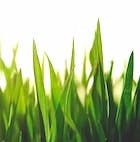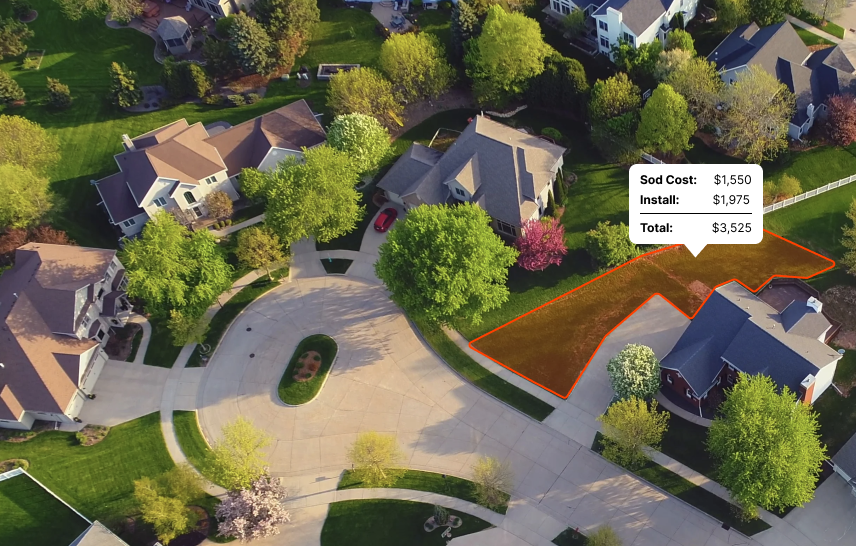Cool-season grasses are the stars of the show due to the state's long, cold winters and brief, hot summers. Early fall or spring is the ideal time to lay your grass, and don't forget to pick varieties that are well-suited to life in the cool grass zone.”
Introduction
South Dakota offers up a climate that packs a punch, with winter settling in for a long stay, serving up plenty of cold, while summer, though shorter, delivers some serious heat. This distinctive environment shapes which types of grasses are best suited for the state.
Among the grass types you'll see thriving in South Dakota, the cool-season varieties come out on top. Think Kentucky bluegrass, perennial ryegrass, and tall fescue.
These grasses aren't bothered by a bit of chill; in fact, they flourish in cooler temperatures, and they're tough enough to stick out the harsh winters. When's the best time to get grass down in South Dakota?
The milder periods of early fall or spring hit the sweet spot. The temperatures are more comfortable, and the air holds more moisture, giving grass a good chance to establish a strong root system before the winter's cold or summer's heat sets in.
What are the best sod types for SD?
In the world of landscaping, not all grasses are created equal. Each thrives in a specific climate zone: cool, warm, or transition.
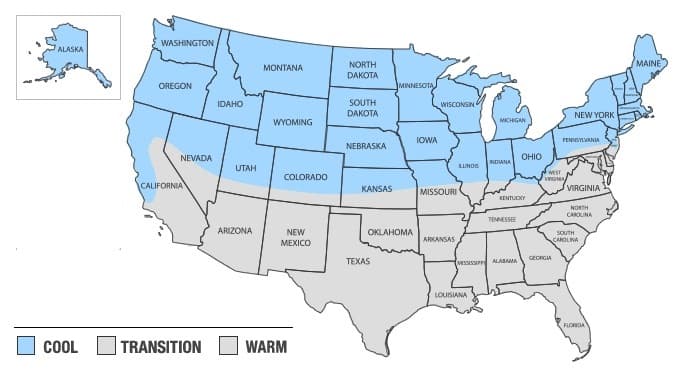
South Dakota, with its cool season climate, prefers a particular set of grasses that relish the lower temperatures. The following sods are the easiest to grow and maintain in South Dakota:
While it's possible to grow grasses meant for other regions with proper care, attention and timing, these are the most common grasses in South Dakota for residential lawns.
Level Up Your Lawn Skills
Once per week we'll send you an interview from someone who has mastered the art of lawn care.
Recommended species for shade
We all love a good patch of green in our yard, don't we? But sun-starved spots can be downright pesky. In South Dakota, where the sunlight varies across seasons, choosing the right sod becomes absolutely critical. Let's cut the chatter and leap into the best grasses for shade in our part of the world.
First up, we've got Fine Fescue. This sassy little contender is nothing short of the Michael Phelps of shade grasses. Thriving on just 4-6 hours of sunlight daily, it can adapt to a variety of soils and handle the harsh South Dakota winters. How's that for versatility?
Playing second fiddle, Red Creeping Fescue still deserves kudos. This guy offers a fine texture and requires only minimal mowing. Yes, you heard it right. Binge-watch your favorite Netflix show instead of wrestling with your mower. Red Creeping Fescue's got your shady areas covered, literally.
Rounding out the top three, we have Kentucky Bluegrass. Now, don't let the name fool you. It possesses exceptional shade tolerance and can beautifully coexist in a blend with some of its cooler season brethren.
But hey, all ain't as rosy as it seems. With shade grains, you face an uphill battle against fungal diseases. That ornery issue can give you some sleepless nights. Fear not, we've got a golden rule for you - avoid the over-watering trap.
Finally, we say, don't play the guessing game. Shade varies, so does the nature of your soil. A soil test never hurts anyone. If in doubt, go for it. It's better to have that hold-that-thought moment, than to face a larger issue down the line.
Remember folks, in the grand pursuit of lawn beauty, possessing knowledge is half the battle won. Choose wisely, sow with care, and we assure you, your luscious lawn will be the envy of all in South Dakota.
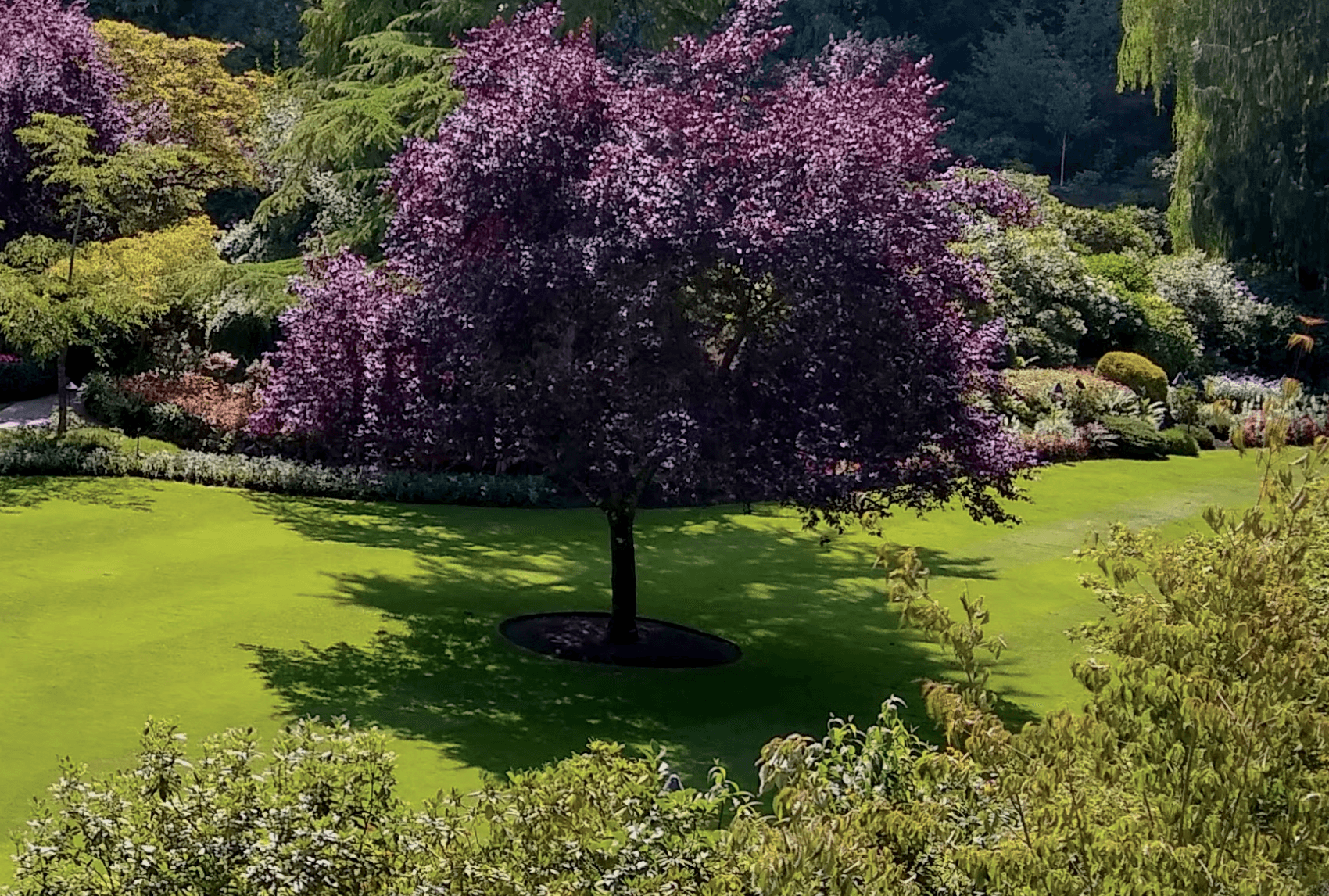
Recommended for full sun or partial sun
Choosing the right sod for your lawn depends heavily on the sunlight exposure in your yard. Different grass types have varying light requirements for optimal growth and appearance. Assessing whether your lawn receives full or partial sun is essential in selecting sod that will flourish and stay healthy in your specific environment.
Below are some sod options recommended for either full sun or partial sun conditions in SD:
| Grass Type | Sun | Good to Know |
|---|---|---|
| Tall Fescue | Partial | Tall Fescue is adaptable to a range of conditions, including partial sun, and is known for its deep root system and tolerance to drought. |
| Kentucky Bluegrass | Full | Kentucky Bluegrass prefers full sun and is prized for its fine texture, rich color, and ability to recover quickly from damage. |
| Perennial Ryegrass | Full | Perennial Ryegrass thrives in full sun and is known for its rapid germination, fine texture, and bright green color. |
| Fine Fescue | Partial | Fine Fescue is well-suited for partial sun and is appreciated for its fine texture, shade tolerance, and low maintenance requirements. |
What varieties stay green year-round?
As with anything agriculture related, there is some nuance to this question. There are many grasses that can stay green year round in but it depends heavily on your location within South Dakota as well as any microclimates that may exist.
The following grasses have the ability to stay green year round in South Dakota:
| Grass Type | Caveats |
|---|---|
| Tall Fescue | It typically stays green throughout the year in milder climates, given that it isn't overly stressed by heat or drought in the summer. |
| Kentucky Bluegrass | It can retain its green color for much of the year when well-maintained, though harsh winter temperatures can push it towards dormancy and a browner hue. |
| Perennial Ryegrass | It can stay vibrant and green throughout the year in many climates, unless conditions are extremely cold or dry. |
| Fine Fescue | It keeps its green color throughout the year in ideal conditions. If the winters are particularly harsh, it may lose some color. |
What is the best time to lay sod in South Dakota?
Since it is considered a cool-season location, the ideal time to lay sod is in early spring or early fall. These periods offer moderate temperatures, leading to less stress on the sod and providing optimal conditions for root establishment before extreme temperatures of winter or summer. Avoid the summer, as high heat can stress the sod.
As you can see in the image below, you'll notice the most shoot growth (the grass above ground) and root growth in the spring and fall for cool season grases:
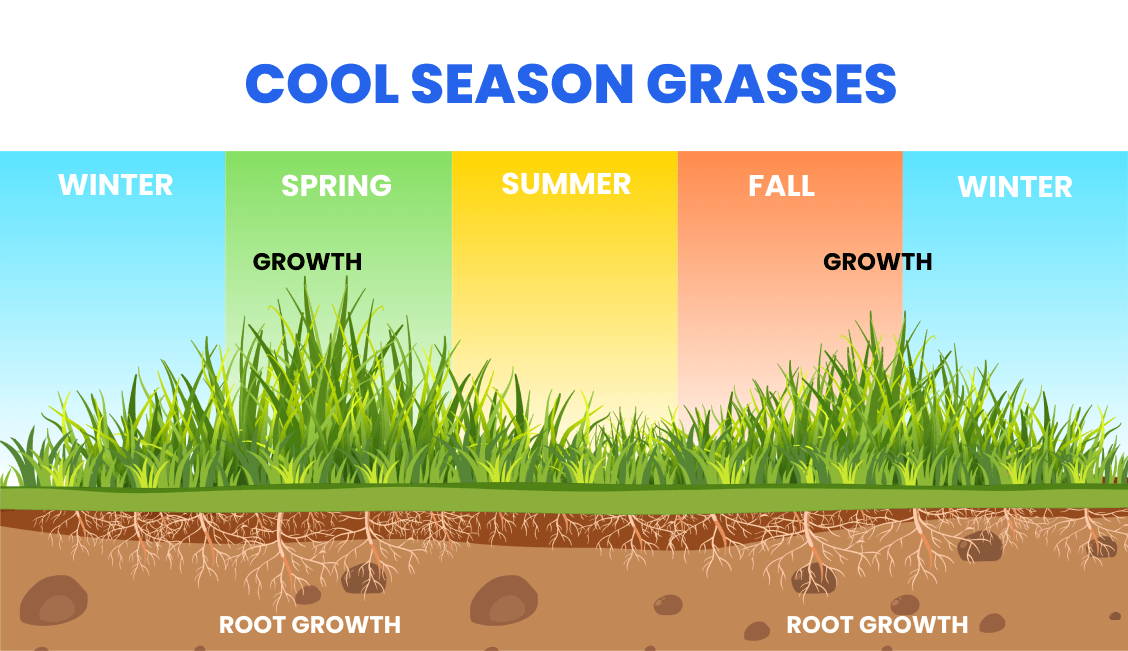
Find reputable companies for installing sod in SD
Here are the top problems you'll face when trying to get sod installed by a landscaping company:
- They're not transparent about pricing. You'll often get a quote that's way higher than you'd expect.
- They're hard to get ahold of on the phone or you'll reach out online but won't hear back.
- It's hard to pin them down for a specific date. Because you can only bring sod from the farm when there's decent weather, this causes some delays at times. It also has a short shelf life, so it's important to get it installed within a day or two of delivery.
We've done all the work for you. Click below to get a quote from one of the top installers in South Dakota.
